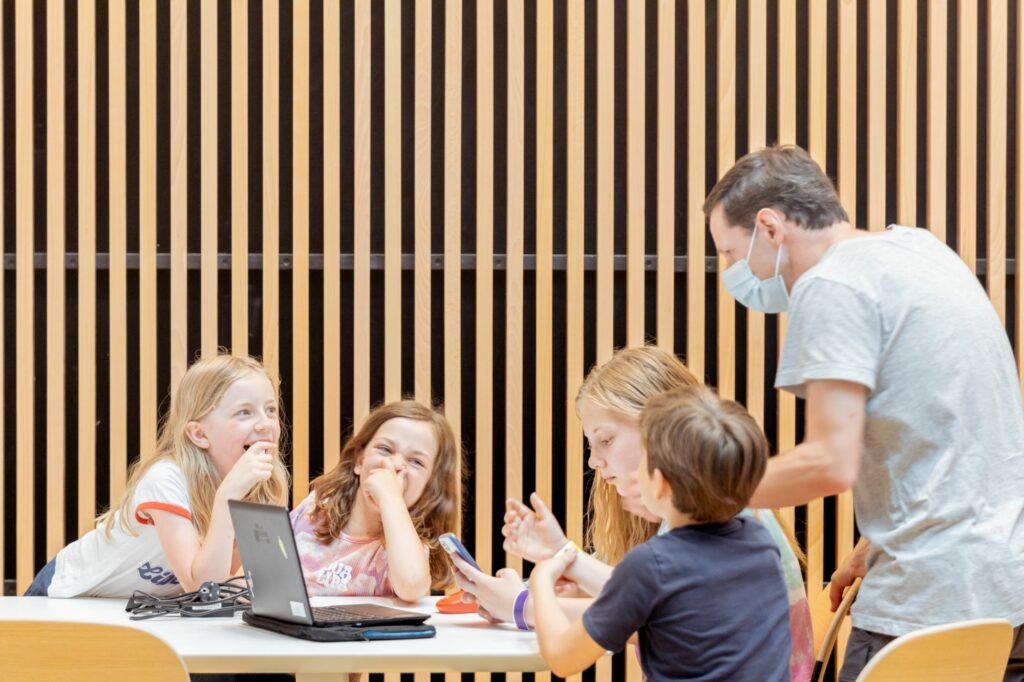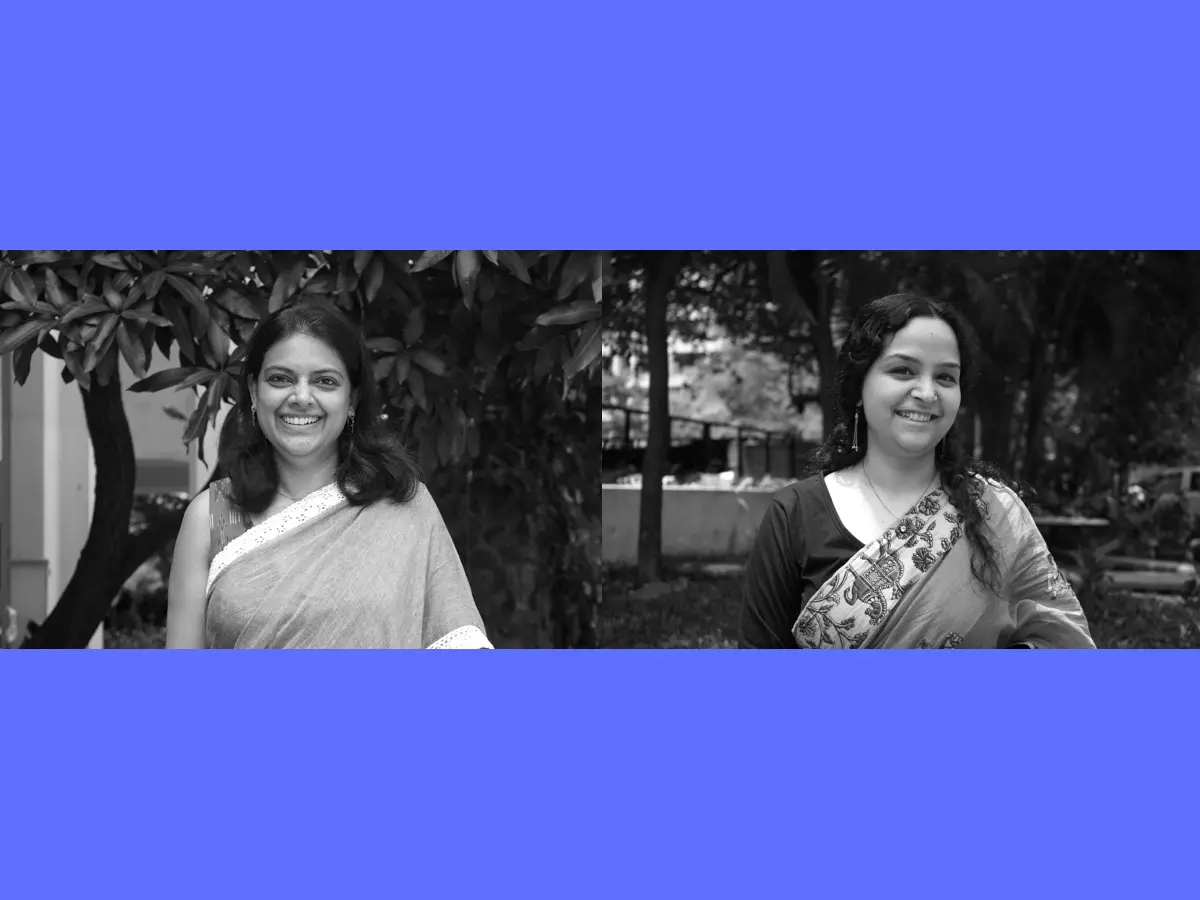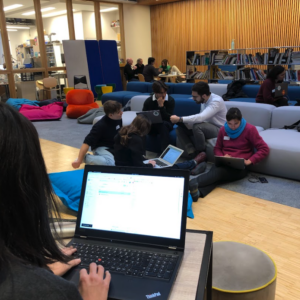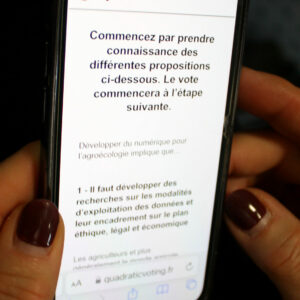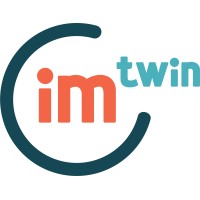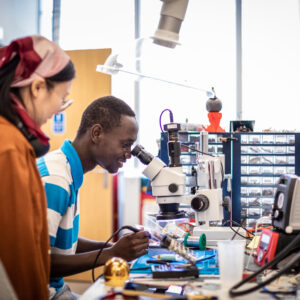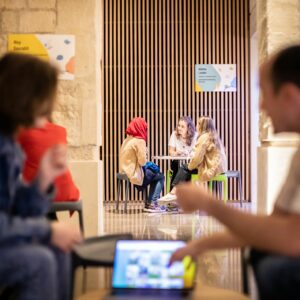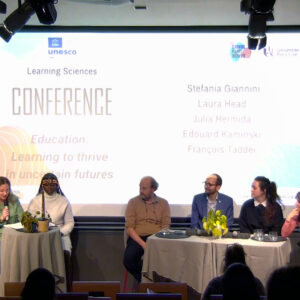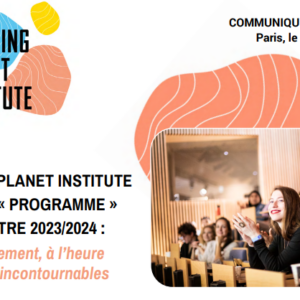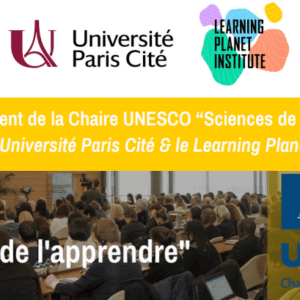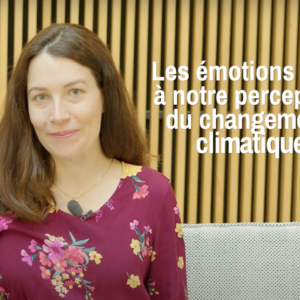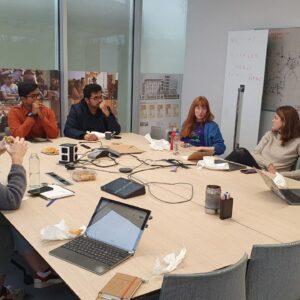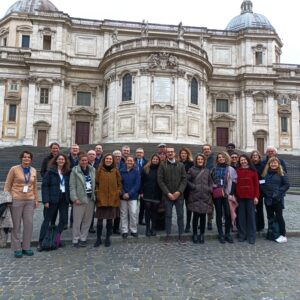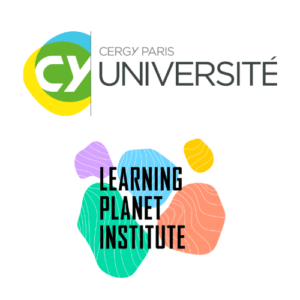In honor of its 90th anniversary, the Lego Foundation launched its “Build a World of Play Challenge” which places the wellbeing of children at its core. With partners, we decided to join this initiative as it resonates with our commitments in learning. At the Learning Planet Institute, we believe compassion, empathy as well as social and emotional skills are essential to be able to take care of oneself and others, at any age. To support this statement, we asked experts about social and emotional skills, why they are important and how to learn them from an early age.
Since the 1960s, social and emotional learning (SEL) has slowly been developed through research and has increasingly made its way into conversations about education and child development. More and more teachers, parents, schools and pre-school institutions take special interest in this concept. What is SEL and how does it influence early childhood development? How is social and emotional awareness essential to better face the challenges of our time?
To dig deeper into this timely subject, we consulted the following SEL experts and researchers part of #LearningPlanet:
- Macarena-Paz (Mathilde) Celume, Outreach researcher and lecturer at the Learning Planet Institute
- Kim Normand Dobrin, co-founder and CEO of Free the Mind Co
- Suchetha Bhat and Tania, Dream a Dream
- Dominic Regester, Program Director at Salzburg Global Seminar
What is social and emotional learning?
According to the Collaborative for Academic, Social and Emotional Learning (CASEL), social and emotional learning is “the process through which all young people and adults acquire and apply the knowledge, skills, and attitudes to develop healthy identities, manage emotions and achieve personal and collective goals, feel and show empathy for others, establish and maintain supportive relationships, and make responsible and caring decisions” (CASEL, Fundamentals of SEL).
This extensive definition is matched by Macarena-Paz (Mathilde) Celume, Outreach research and lecturer at the Learning Planet Institute:
“The most widely used definition of social emotional learning refers to the procedure of combining thinking, feeling and doing, in order to develop self-awareness and interpersonal awareness, make moral judgements and control one’s own conduct as well as the conduct of others.”
In research, several researchers – such as Gardner, or Mayer & Salovey – address SEL although from different angles: personal skills, personality traits, emotional intelligence, etc. As Macarena-Paz highlights, however, all these various approaches seem to designate sets of competencies that do not fit into the family of academic skills.
Why is SEL so timely and important?
“Anxiety has gone up four times in the last two years. And one out of five children are suffering from anxiety disorder.”
This frightening observation is made by Kim Normand Dobrin, Co-founder and CEO of Free the Mind Co. The last few years have indeed been full of mental health challenges, and the youth are faced with anxiety issues. Their mental health today is a serious and pressing issue: in France for example, more and more young people feel depressed, lack motivation and often feel anxious in their daily lives (Santé Publique France, 2022). That is why now more than ever, social emotional learning is essential. Children and youth in general strongly need interactions with adults and with their peers to build their social and emotional skills and ensure they feel secure.
Suchetha and Tania are part of Dream a Dream, a non-profit organization that empowers children from vulnerable backgrounds to overcome adversity and thrive in a fast-changing world. In a recent interview, they underline the importance of SEL for the future of children’s wellbeing:
“We have witnessed young people show significant improvement in the way they interact with others, overcome difficulties, take initiative, and manage conflicts – some of the most important SEL competencies or life skills. In 2019-20, we observed 5332 participants (2638 male and 2694 female) between 8-17 years old from Dream a Dream’s After School Life Skills Program in 2019-20, who showed 91% positive change in life skills (Impact Report 2019-2020 Dream a Dream).“
We need to empower the next generations so that they learn how to learn, and so that they develop the skills and abilities to care for oneself, others and the planet. Compassion, empathy and creativity are essential to rise to the challenges of our time.
Why SEL should start at an early age, before schooling?
People need strong social and emotional skills to better understand oneself, how to manage relationships and interactions with other people, and to better find what one wants to do with one’s life,. And the earlier the better, according to Dominic Regester, Program Director at Salzburg Global Seminar:
“The idea of social emotional skills as being as foundational as literacy and numeracy skills is really beginning to gain traction. (…) All the time spent investing in the development of literacy and numeracy, if we could also be doing something similar for social and emotional skills, I think that would really set up future generations to have a much more positive series of opportunities than previous generations had necessarily had!”
Learn more:
- Series of videos on Social Emotional Learning with François Taddei, Kim Dobrin (July, 2022)
- Why is SEL important & timely? An interview with Suchetha and Tania from Dream a Dream, #LearningPlanet (July, 2022)
- Press release – The Learning Planet Institute joins the LEGO foundation’s initiative “Build a World of Play” (June, 2022)
- Build a World of Play Challenge, Lego Foundation
As an organization committed to learning and to empowering the next generations, we believe in the power of social & emotional skills to build social & emotional intelligence, to be able to learn, to care for oneself, others and the planet.
We also believe that storytelling in general is a crucial tool in early education and beyond.
For these reasons, the Learning Planet Institute partnered up with Harper Collins (USA), Bookr Kids (Hungary) & Copublica (Denmark) to join the Lego Foundation’s initiative “Build a World of Play” to empower children to experience higher levels of self-awareness, interpersonal skills, self-management, social awareness, and empathy. Together, we hope to deliver a playful home-focused storytelling solution for social-emotional learning. This easy-to-use storytelling app would enable families to empower children to experience higher levels of self-awareness, interpersonal skills, self-management, social awareness, and empathy.
